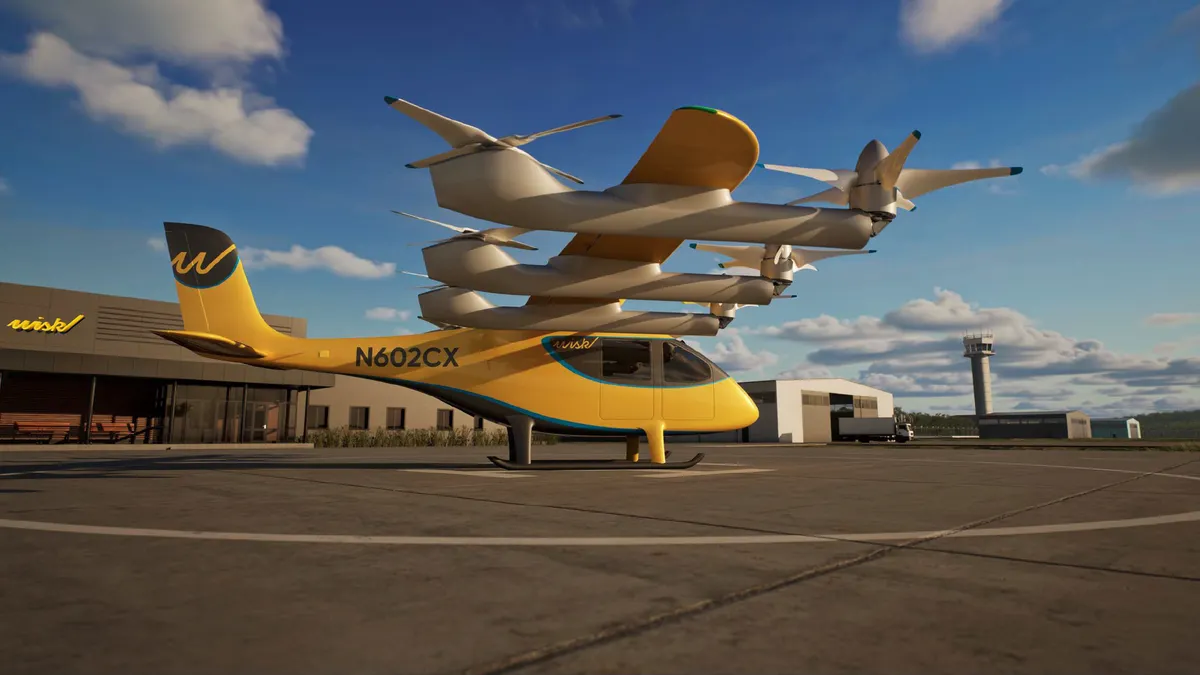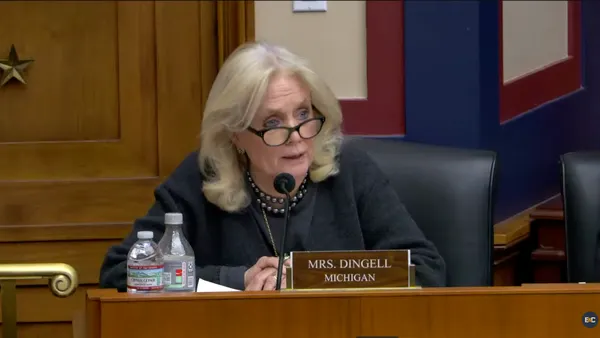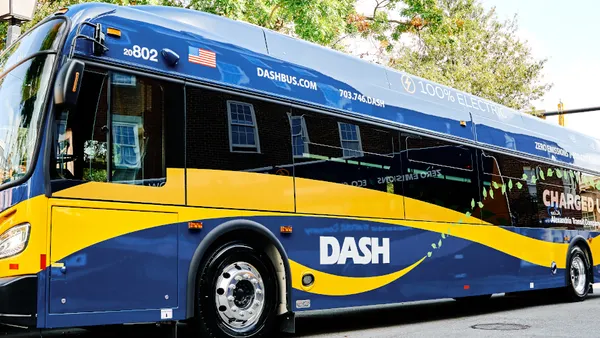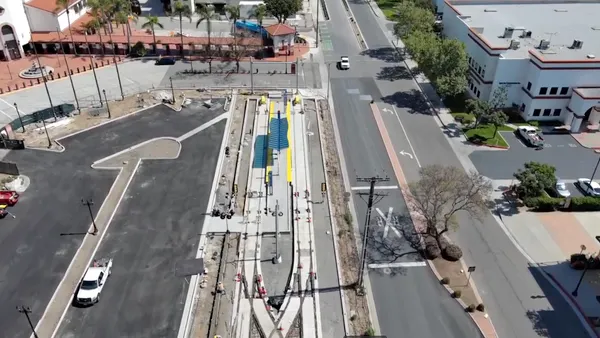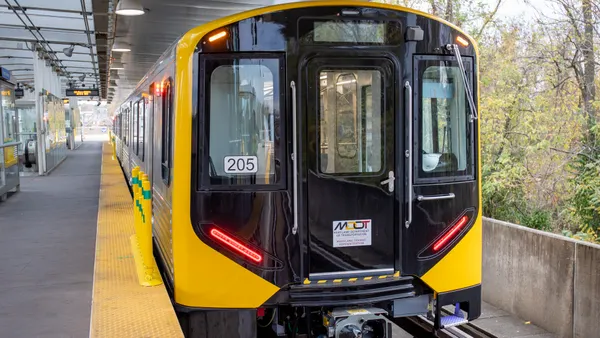Wisk Aero, Boeing’s air taxi subsidiary, plans to begin autonomous commercial flights in Houston, Los Angeles and Miami by 2030 if possible, the company’s partnerships manager, J.C. Asencio, said in an interview.
Miami became the most recent addition to Wisk Aero’s list in June, which also includes Brisbane, Australia and the City of Kaga, Ishikawa, Japan. “We've been involved in Florida for years now,” Asencio said. “We definitely want to see how we can work with Broward County and Palm Beach County as well.”
Wisk’s aircraft will differ from those of startup air taxi developers Archer Aviation and Joby Aviation: It will fly by itself. While these rival companies are developing piloted electric takeoff and landing, or eVTOL, aircraft, Wisk’s latest four-seat aircraft has no onboard flight controls and will fly without a pilot.
Explaining the choice to aim for autonomous flight, Asencio pointed to a shortage of pilots and aircraft maintenance personnel. He also noted that 93% of the time a commercial airliner is in the air, it is controlled by an autopilot, precision navigation and flight management systems.
“We're trying to ensure that we reach the highest levels of safety,” Asencio said. Wisk would only fly its air taxis in appropriate weather conditions, and supervisors on the ground could intervene when necessary, he added.
Wisk began in 2010 as Zee Aero and later merged with Kitty Hawk, a startup created by Google co-founder Larry Page and former Google vice president Sebastian Thrun. Boeing acquired Wisk in 2023.
Asencio said the company numbers about 800 people, a quarter of which are Boeing employees contracted to Wisk. Unlike its parent company, whose commercial aviation business is largely selling aircraft to airlines, Wisk will manufacture aircraft and operate an air taxi service. The company is now on its sixth generation of air taxis, which is the version it plans to certify and fly commercially.
The future envisioned by air taxi developers is one of high-frequency flights in crowded urban air spaces, which Asencio said may require greater digitization of air traffic control functions. Wisk will focus on flight testing and FAA certifications for the next couple of years, he said.
Asencio said Wisk has been working with the Federal Aviation Administration on a series of tabletop exercises, simulating air traffic control, various flying conditions and different locations.
Air taxis won’t operate in a transportation vacuum. Asencio said Wisk is looking for multimodal partnerships to create a seamless door-to-door experience for travelers, adding that air taxis would complement public transportation.
In South Florida, Wisk signed agreements with the Miami-Dade Aviation Department and the University of Miami’s Engineering Autonomy Mobility Initiative. The aviation department will help identify locations for vertiports at Miami International Airport and other regional airports. Wisk will collaborate with the university on research and development for advanced technology, operations, regulations, safety and advanced air mobility development.
Wisk established a partnership with Sugar Land, Texas, last year to develop air taxi service in the greater Houston area. In 2022, Wisk partnered with the city of Long Beach, California, to plan air taxi service for the Southern California region.
“There's great public support from the state and local entities but also good private support from the infrastructure partners and others,” Asencio said.
Correction: In a previous edition of this story, J.C. Asencio was misidentified. He is partnerships manager for Wisk Aero.



